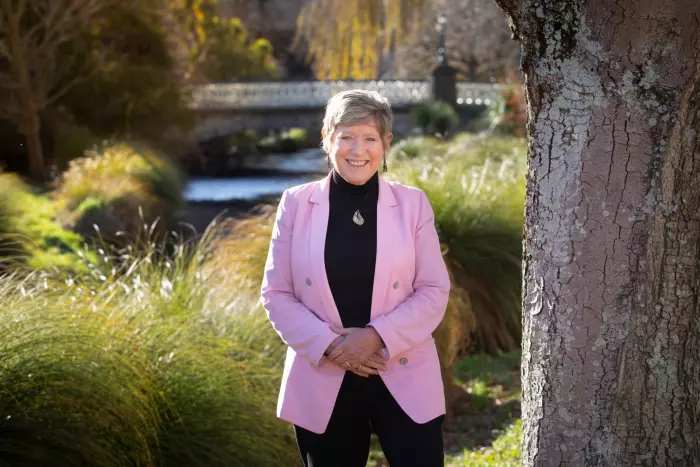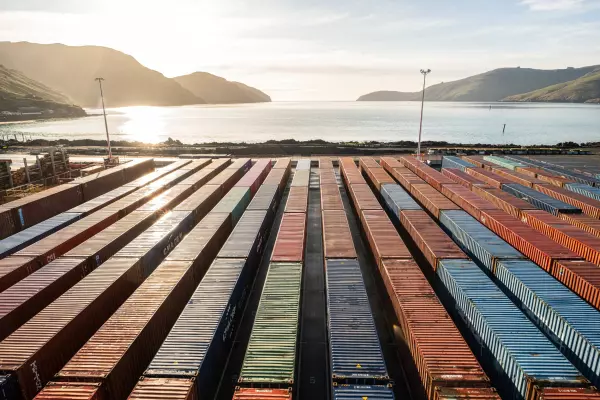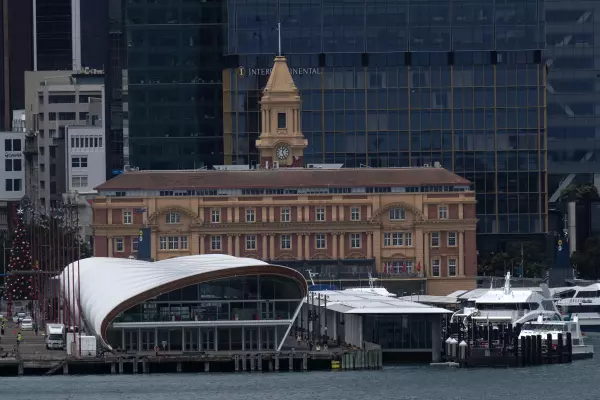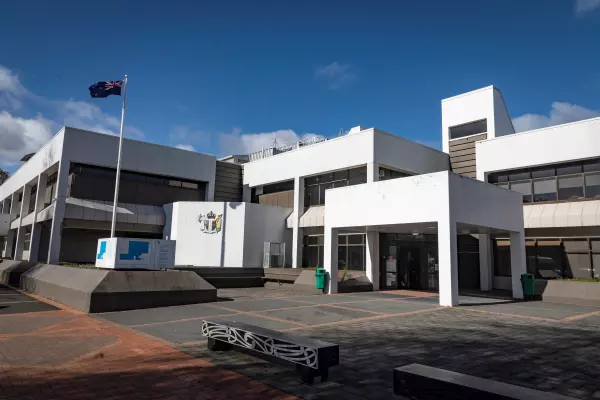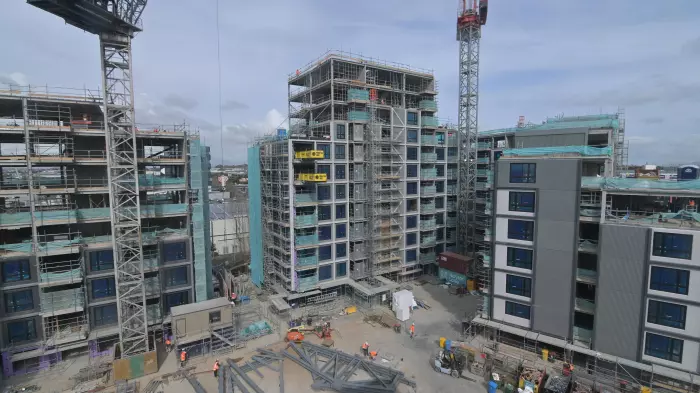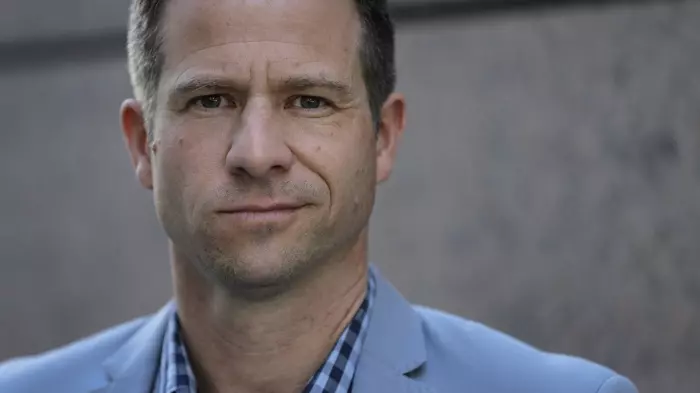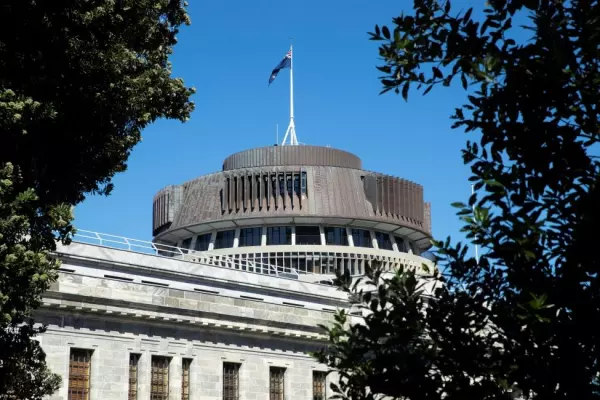As part of its "How good is our public sector?" series, BusinessDesk is interviewing former ministers about the crucial relationship between politicians and public servants. Oliver Lewis talks to the former commerce minister, Lianne Dalziel.
Lianne Dalziel is planning on writing a book. The third-term Christchurch mayor is hanging up the mayoral chains this year after a varied career in both central and local government. After the local body elections, Dalziel intends to carve out some time to write about the politics of disaster – something she is intimately familiar with.
When the devastating Canterbury earthquake sequence started in September 2010, the former trade union lawyer was a Labour MP for the hard-hit electorate of Christchurch East. In the early days of the response, Dalziel was impressed by the way the public service pulled together – in the jargon, the silos came down.
“It didn’t matter who you worked for or what department you were in,” she told BusinessDesk.
“Everyone was in it together.”
It didn’t last, she says. From the opposition benches, Dalziel grew increasingly frustrated by the use of the term "unprecedented" to justify actions unsupported by evidence or by international best practice. She outlines one example in a chapter she contributed to a recent book, Policy-making Under Pressure.
Following the earthquakes, the Earthquake Commission (EQC) went from about 20 staff to more than 1000. Any business expert will tell you, she writes in the book, scaling up by that much inevitably comes with consequences. As was later done in Kaikōura, Dalziel says it would have been more effective if insurers had done the frontline assessments instead of EQC, and then billed the commission for its share.
Taking time to consider the best course of action is important post-disaster, Dalziel says, but the government is often under huge pressure to act quickly.
“There should be an immediate, but time-limited, post-crisis moratorium on government decisions, which too often are kneejerk responses that do not even begin to address the underlying issues,” she wrote.
Dalziel was in the opposition party during the earthquakes, but she had been a minister in the lead-up to another, man-made disaster: the global financial crisis (GFC). Her chapter in the policy-making book talks about the importance of taking a "helicopter view", a term she first used during her time as commerce minister following the collapse of finance companies like Bridgecorp.
While various government agencies were aware there were issues in the finance sector, Dalziel says there wasn’t a joined-up view. No one was taking a whole-of-system approach.
“The reporting lines were disparate,” she says.
Dalziel was appointed commerce minister in 2002 following the wholesale deregulation of the 1980s and 1990s. She was impressed, she says, by the ability of public servants to quickly adapt to a new political direction.
“I didn’t have people who were giving me political advice; they were giving me expert advice based on their knowledge and experience as public servants.”
While she found the political neutrality of their staff commendable, Dalziel says government departments and other organisations too often take a siloed approach. To address intractable issues like climate change or child poverty – what former prime minister Bill English would call "wicked problems" – policymakers need to take a more holistic view, learn to work collaboratively and consider the impact of policy choices beyond their portfolio area.
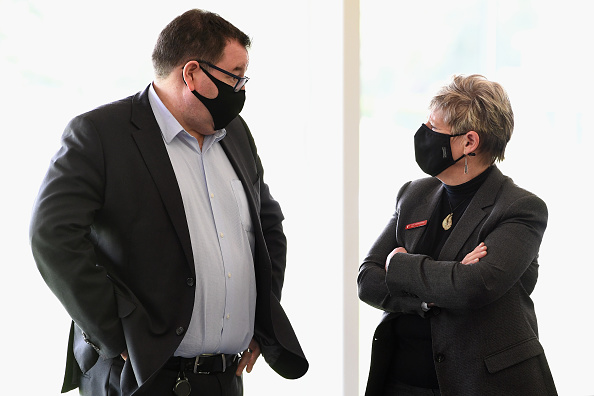 Local body language: "They don't even know we exist," says Christchurch mayor of central government. (Image: Getty)They also need to pay more consideration to local government, she says. Dalziel doesn’t think policy-makers in central government pay adequate attention to the needs of local government. Nor do they work collaboratively with their local counterparts.
Local body language: "They don't even know we exist," says Christchurch mayor of central government. (Image: Getty)They also need to pay more consideration to local government, she says. Dalziel doesn’t think policy-makers in central government pay adequate attention to the needs of local government. Nor do they work collaboratively with their local counterparts.'They don't even know we exist'
From a new housing intensification law to the three waters reform, the normally placid world of local government has become a political hot topic this term. Faced with a government determined to push through solutions to various thorny infrastructure problems, councils around the country have reacted with barely suppressed fury at what they see as consultation shortcomings and a loss of control.
Asked to describe the relationship between central and local government, Dalziel is typically forthright: “Terrible,” she says. “They don’t even know we exist ...
“We’re part of the governance of the country.”
One source of tension between local and central government is the "unfunded mandate" – parliament passing a law without adequately resourcing local authorities to implement it. She wants to see regulatory impact statements better assess the impact on local government. More than that, though, Dalziel wants to see a broader conversation about where responsibility should lie.
“Collectively we should be looking at the future of government together.”
Instead of just looking at local government, any governance review should take a much wider perspective, Dalziel believes. Consideration should be given to which layer of government – central, regional or local – is best placed to deliver particular services and how they should be funded and consulted on.
This comes with a caveat, though. In their current form, Dalziel says, regional councils – with their narrow focus on environmental regulation and transport – don’t constitute a proper regional government.
Unlike many peers overseas, local councils in New Zealand largely rely on a single form of tax, rates based on property values, to fund services. Asked if councils should have access to other funding mechanisms, Dalziel mentions the possibility of returning a share of GST raised in an area to the relevant local authority.
How services are funded and by what layer of government are questions that need to be asked, she says. To confront the problems confronting the country, local and central authorities need to be in sync and able to work together cooperatively and respectfully.
At the moment, Dalziel doesn’t believe that’s true. Asked how she thinks central government currently sees their local counterparts, she says: “A problem to be solved, or a problem to be managed.”
Evidence-based policy
There were two referendums at the 2020 election: one on euthanasia passed convincingly while another, which would have legalised and regulated cannabis use, narrowly failed.
Dalziel believes the way the cannabis referendum was conducted was a huge mistake. Unlike the End of Life Choice Bill, the draft legislation people were asked to vote on in the referendum hadn’t gone through a select committee process, meaning people weren’t able to submit on its contents. Because it hadn’t gone through the house, the draft bill also wasn’t binding so it may have changed even in the event of a ‘yes’ vote.
The End of Life Choice Bill was a much better process, Dalziel says.
With contentious issues, she believes parliament needs to enable more public engagement and evidence-based lawmaking. Instead of being debated in the house, the Law Commission could be charged with creating an ‘exposure draft’ to be sent directly to a select committee for public feedback, Dalziel suggests. MPs could then vote their conscience.
Doing so would let the public have a greater say and, to some extent, help circumvent at least some of the lobbying and politicking.
“We have a system of representative democracy, and one can pose the question as to whether representative democracy in its current form will survive the 21st century,” Dalziel says.
“We’ve got so much access to information and the ability to communicate our views on things that we never had before.”
But passing laws still requires political will.
In 2008, Dalziel referred NZ’s liquor laws to the Law Commission for review. In its 2010 final report, the commission made 153 recommendations, including raising the purchase age to 20. It was a masterful piece of work, Dalziel says, but despite the "helicopter view" of the commission, which considered the health, social and justice impacts of alcohol, a large number of recommendations failed to make it into law.
National was in power at the time, but looking back Dalziel is sceptical she could have got her own cabinet colleagues to agree, either.
“You need the helicopter view,” she says, “and you need the political will.”


